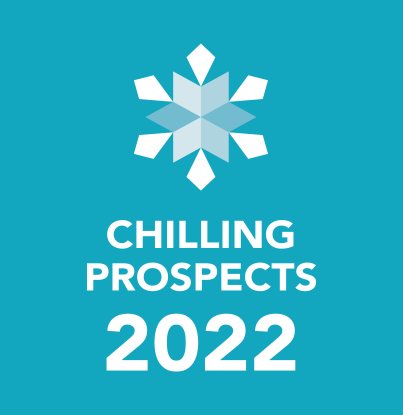Cooling for All policy tracking approach
|
Chapter 3.1 Chapter 3 overview |
The combination of affordable, active and passive technology, services, finance, and policy solutions constitute the basic solution pillars to create an enabling environment for sustainable cooling. For the first time, the Chilling Prospects series provides a deep dive on the policy progress for sustainable cooling, with an assessment of progress for the Critical 9 countries. [1]
Ultimately, tracking progress aims to trigger action to:
- Bridge the policy gap across the Cooling for All needs
- Foster dialogue to boost collaboration and cooperation
- Engage diverse stakeholders in a community of practice
- Integrate sustainable cooling in national energy and energy efficiency strategies and catalyze investments.
- Achieve the Kigali Amendment, Paris Agreement, and Sustainable Development Goals (SDGs) 2, 3, 7 and 13
Policy tracking includes assessing current policy for: (i) access to cooling; (ii) energy efficiency for air conditioners, fans, refrigerators and buildings; and (iii) climate change policies for cooling across the three Cooling for All needs (food, nutrition and agriculture; health services; and human comfort and safety).
Specifically, the assessment includes a checklist of policies (regulatory, information and incentive) covering air conditioners, fans, refrigerators, passive cooling in buildings, and agricultural and vaccine cold chains. The country-by-country assessment is made by integrating findings from Sustainable Energy for All (SEforALL) partners, including the CLASP Policy Resource Center, World Bank RISE indicators and national publicly available resources.
Table 3.1: Policy tracking approach


